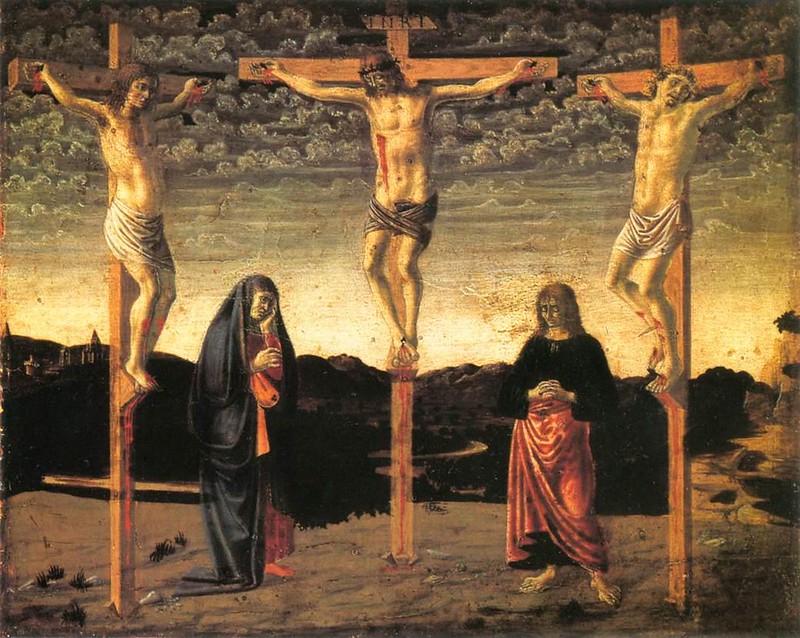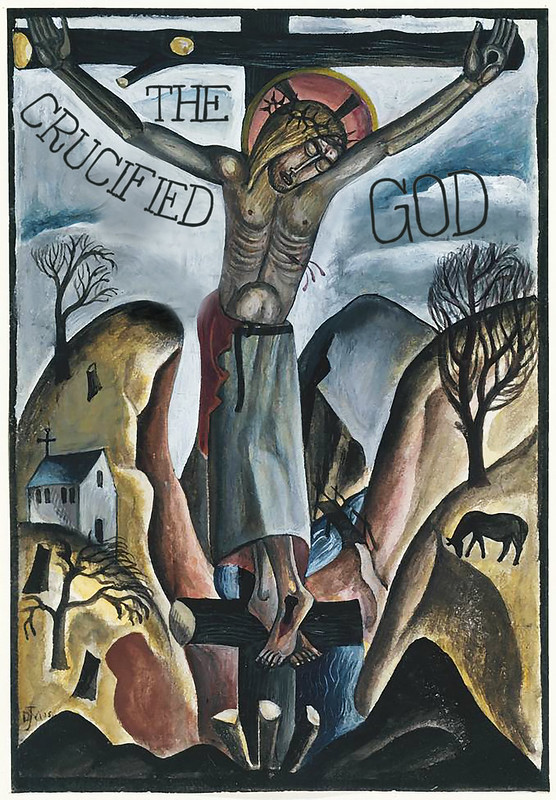Achilles or Immanuel?

Achilles or Immanuel?
Brian Zahnd
I just returned from seeing An Iliad at The Kansas City Repertory Theatre — a one act telling of Homer’s Iliad — and I can’t rest until I share a few thoughts…
The eighth century BC gave the world two great poets — the Greek Homer and the Hebrew Isaiah. These two poets offer competing visions of the heroic. Homer’s epic poem The Iliad opens with these lines.
Rage — Goddess, sing the rage of Peleus’ son Achilles
murderous, doomed, that cost the Achaeans countless losses,
hurling down to the House of Death so many sturdy souls,
great fighters’ souls, but made their bodies carrion,
feasts for the dogs and birds.
(Iliad 1–5)
But the poet Isaiah sings a different song.
The boots of the warrior
And the uniforms bloodstained by war
Will all be burned
For unto us a Child is born
Unto a Son is given
And he shall be called…
The Prince of peace
His government and its peace
Will never end
(Isaiah 9:6–7)




